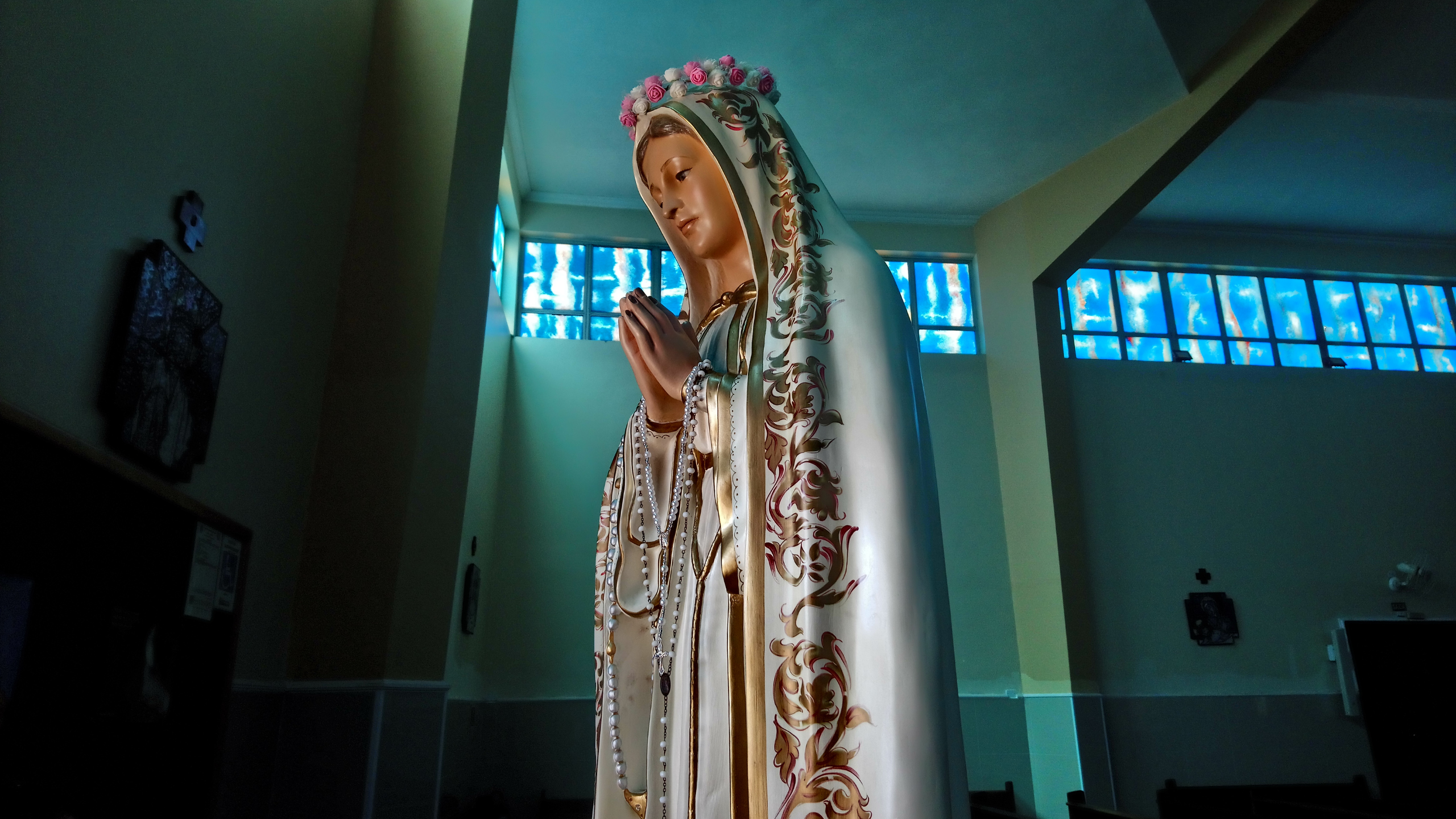📿 Mary asked the children to pray the Rosary every day to bring peace to the world and to end World War I. The Rosary is emphasized as a powerful weapon against sin and for the conversion of sinners.
📿 Mary called for personal devotion to her Immaculate Heart as a way to bring souls closer to God. This devotion serves as a refuge and path leading to God’s grace and peace.
📿 She urged the children (and the world through them) to offer up sacrifices for the reparation of sins, conversion of sinners, and salvation of souls. Mary stressed the importance of penance to avert divine punishment.
📿 The Virgin Mary requested that Russia be consecrated to her Immaculate Heart. She warned that without this, Russia would spread its errors (interpreted as communism and atheism) throughout the world, leading to wars and persecution of the Church.
📿 Mary showed the children a vision of hell, emphasizing the reality of eternal damnation for unrepentant sinners. This vision was meant to motivate the faithful to repentance and conversion.
📿 During the Fatima apparitions, an angel also appeared, encouraging devotion to the Eucharist and reparation for offenses committed against it.
📿 Mary promised that in the end, her Immaculate Heart would triumph, bringing peace to the world. She assured that despite the turmoil, God’s victory through her heart was inevitable.
📿 The Fatima message, which was revealed in 2000, contained a vision of the persecution of the Church, including the martyrdom of the faithful, bishops, and the Pope. This has been interpreted as a symbolic representation of the Church’s suffering throughout the 20th century.



